Sims leads new law to protect Illinois from reckless federal budget
- Details
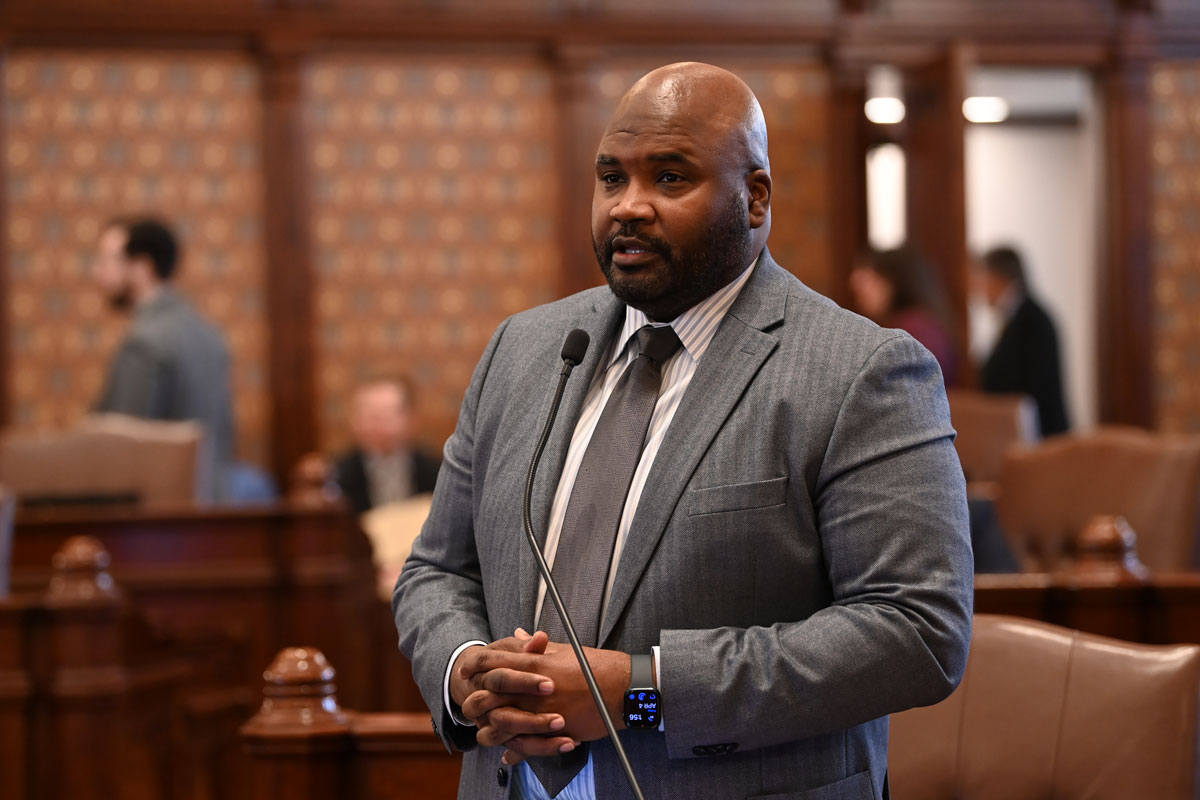 SPRINGFIELD – State Senator Elgie R. Sims, Jr. led the charge to insulate Illinois taxpayers from damaging federal policy shifts, ensuring the state's Fiscal Year 2026 budget remains intact despite the federal administration’s cuts to vital programs.
SPRINGFIELD – State Senator Elgie R. Sims, Jr. led the charge to insulate Illinois taxpayers from damaging federal policy shifts, ensuring the state's Fiscal Year 2026 budget remains intact despite the federal administration’s cuts to vital programs.
"The federal administration is recklessly cutting programs that Illinois families rely on, but we won't let their irresponsibility destabilize our state budget," said Sims (D-Chicago). "This law protects Illinois taxpayers and preserves our ability to fund schools, health care and essential services.”
Read more: Sims leads new law to protect Illinois from reckless federal budget
Peters spearheads law to raise Illinois’ juvenile detention age
- Details
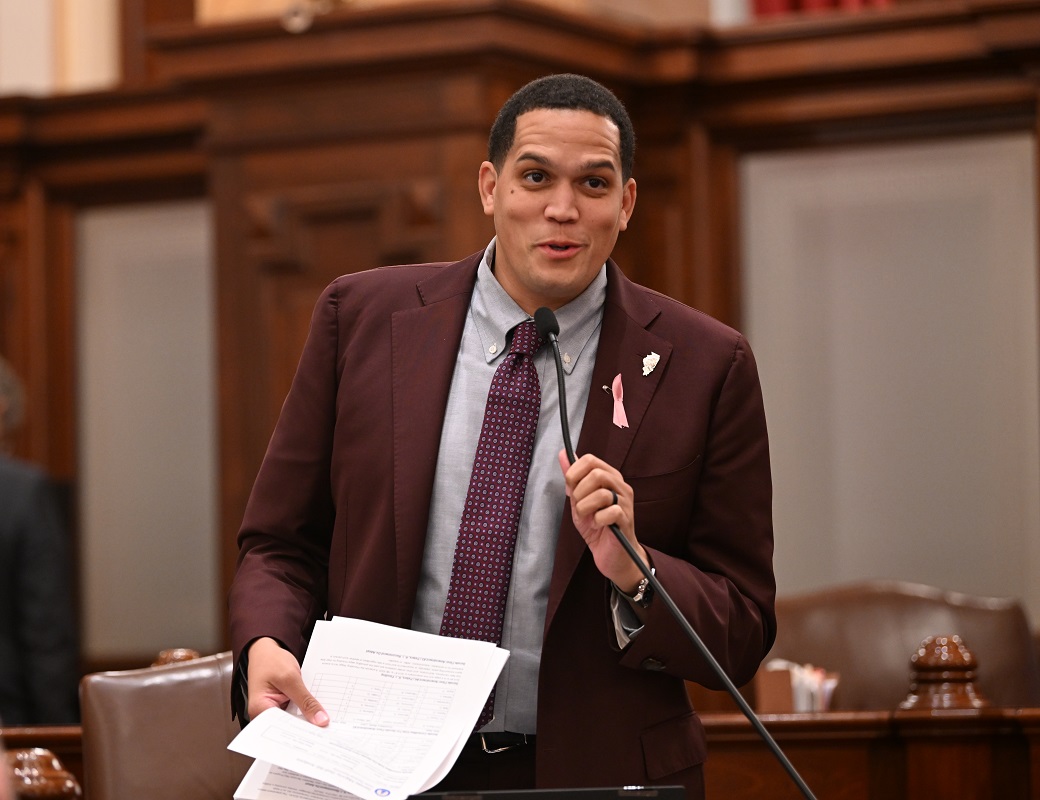 SPRINGFIELD — A new law from State Senator Robert Peters will raise the minimum age at which minors can be detained and limit detention in certain situations where the minor is not charged with a violent crime, making it clear the state is prioritizing rehabilitation and addressing the root causes of delinquent behavior.
SPRINGFIELD — A new law from State Senator Robert Peters will raise the minimum age at which minors can be detained and limit detention in certain situations where the minor is not charged with a violent crime, making it clear the state is prioritizing rehabilitation and addressing the root causes of delinquent behavior.
“We must work together to tackle the underlying issues that are exacerbating delinquency in our neighborhoods – whether those are social, economic, familial or a mix of all,” said Peters (D-Chicago). “We have an obligation to protect the well-being of all individuals, and we do that by breaking the cycles of violence and trauma that are causing young people to engage in any level of criminal activity.”
Peters’ law makes numerous improvements to Illinois’ juvenile justice system. First, it raises the age at which a minor may be detained from 10 years old to 12 years old in 2026 and then to 13 years old – in some situations – in 2027. Under the law, arrest will be used only as a last resort and under strict conditions, and minors will be detained only if there is probable cause to believe they are delinquent and that immediate and urgent detention is necessary, or if they have repeatedly failed to appear at scheduled hearings.
Read more: Peters spearheads law to raise Illinois’ juvenile detention age
Collins law expands property tax relief for seniors
- Details
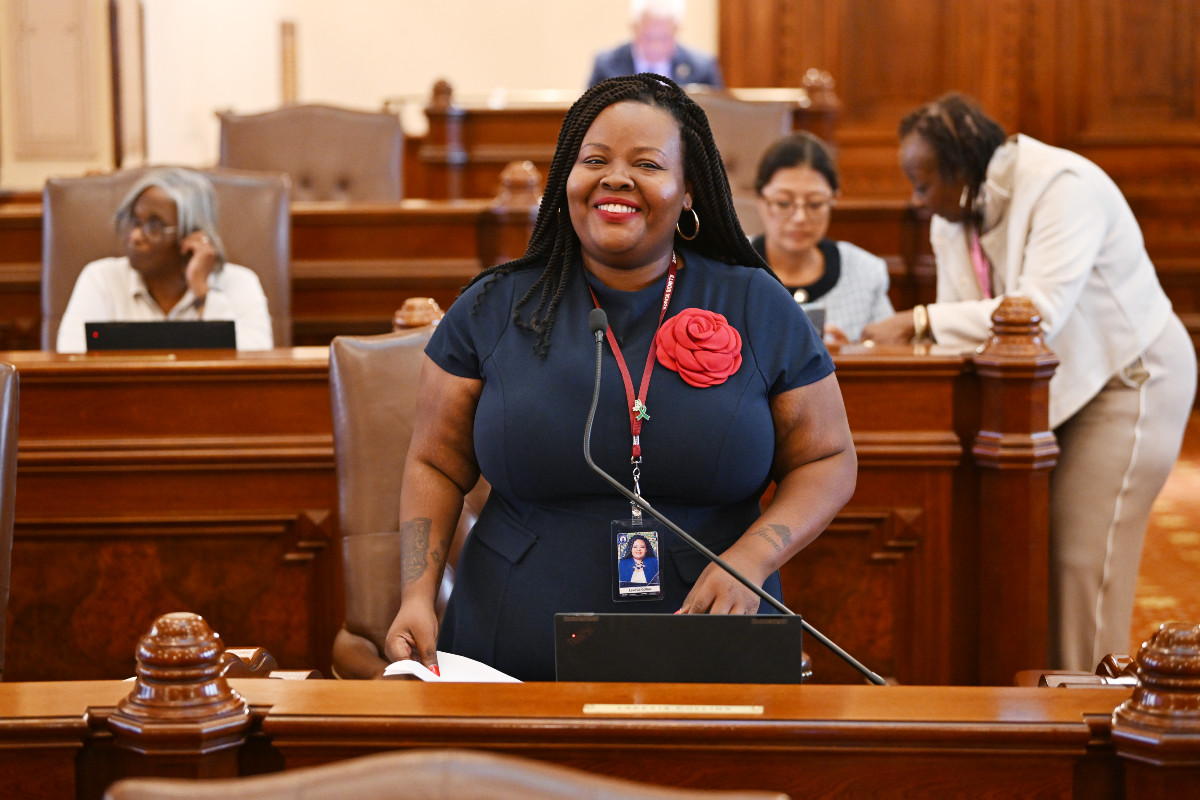
SPRINGFIELD — State Senator Lakesia Collins spearheaded a property tax relief package that was signed into law Friday, increasing property tax exemption thresholds for senior citizens in Illinois.
“Seniors have a lot on their plate to deal with from health care to home care, and property taxes should not be on that list,” said Collins (D-Chicago). “Expanding the number of seniors who qualify for relief ensures seniors in our neighborhoods can stay in our neighborhoods.”
The new law, Senate Bill 642, will deliver critical updates to help seniors on fixed incomes and help families facing economic challenges manage rising property tax costs. Under the measure, the maximum income limit for the Low-Income Senior Citizens Assessment Freeze Homestead Exemption will increase substantially over the next several years, beginning at $75,000 for taxable year 2026, increasing to $77,000 for taxable year 2027 and settling at $79,000 for taxable year 2028 and beyond.
Read more: Collins law expands property tax relief for seniors
Senator Holmes celebrates construction kickoff for new Aurora University Learning Commons
- Details
 AURORA – Senator Linda Holmes joined a ceremony on November 21 at the future site of the new Learning Commons facility on the Aurora University campus. She joined Aurora University President Susana Rivera-Mills and other officials to sign their names on a beam that will be part of the structure as it is built.
AURORA – Senator Linda Holmes joined a ceremony on November 21 at the future site of the new Learning Commons facility on the Aurora University campus. She joined Aurora University President Susana Rivera-Mills and other officials to sign their names on a beam that will be part of the structure as it is built.
“The new building will be a central hub of academic life on campus, bringing together the resources students use most to a single convenient, welcoming space,” said Holmes, D-Aurora. “This environmentally friendly project will create a high-tech hub on campus that will increase opportunities for students to gather, strengthen their skills and build relationships within their community.”
Holmes obtained $750,000 in capital funding for the project in the state’s fiscal year 2025 budget, and the Learning Commons will transform the way Aurora University students learn, collaborate and connect. Holmes said the facility is expected to open in fall 2026, and it has created 50,000-man hours of union construction work.
Read more: Senator Holmes celebrates construction kickoff for new Aurora University Learning Commons
More Articles …
Page 5 of 735


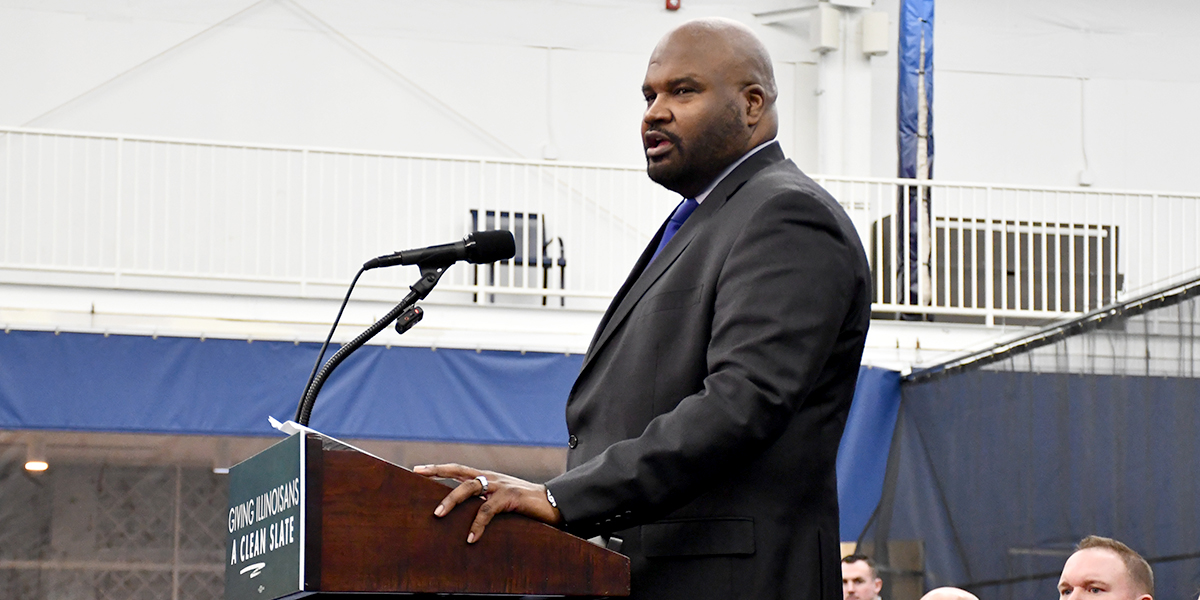
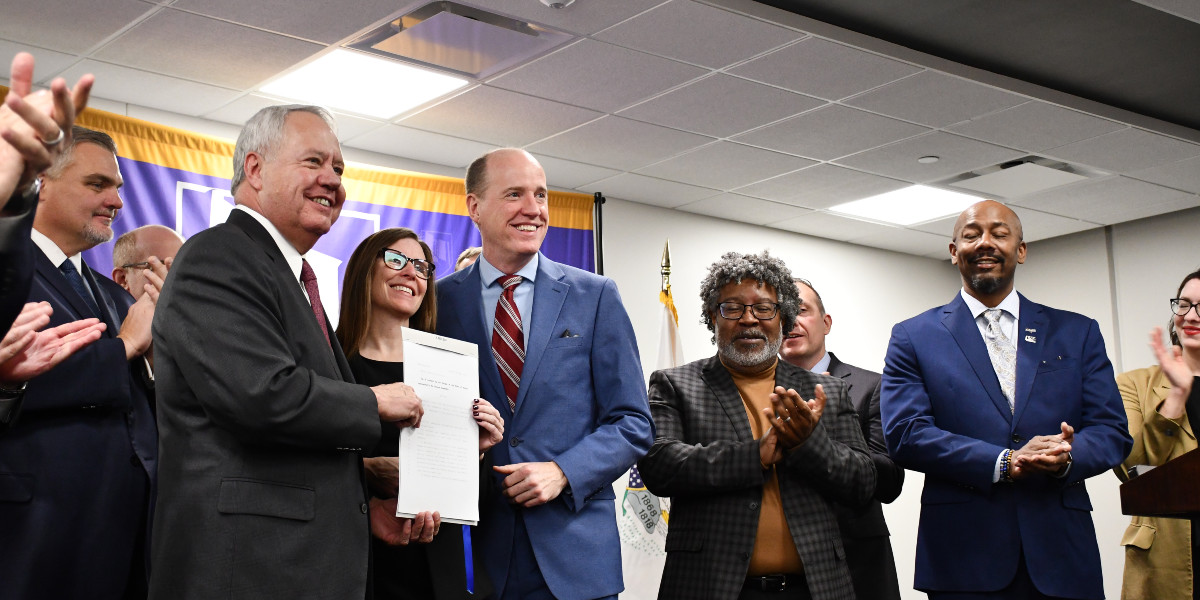
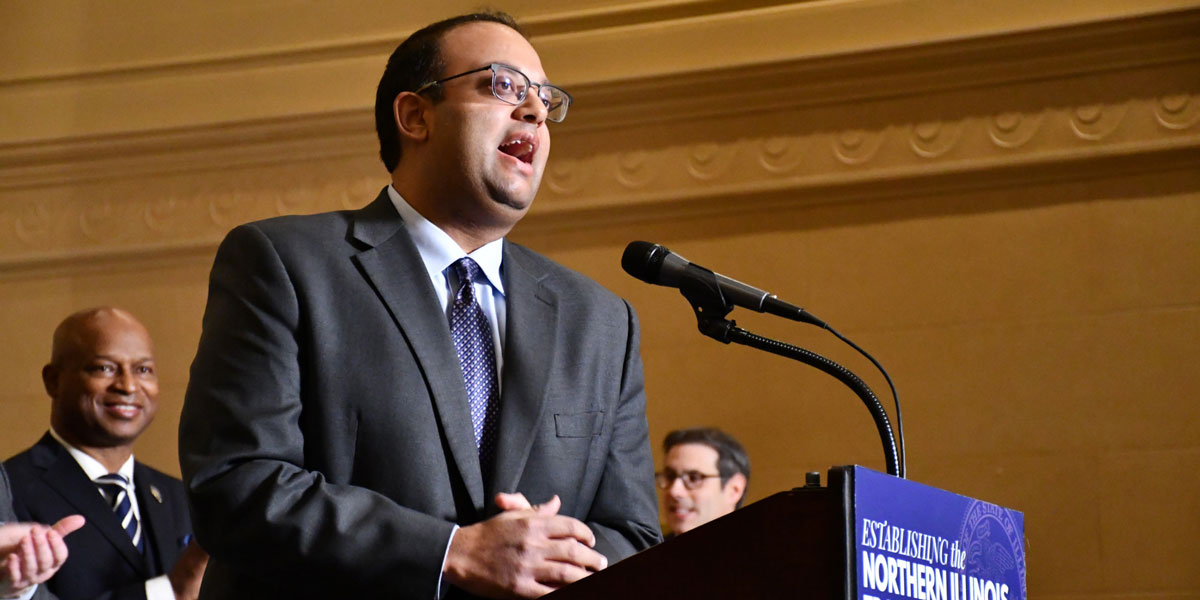
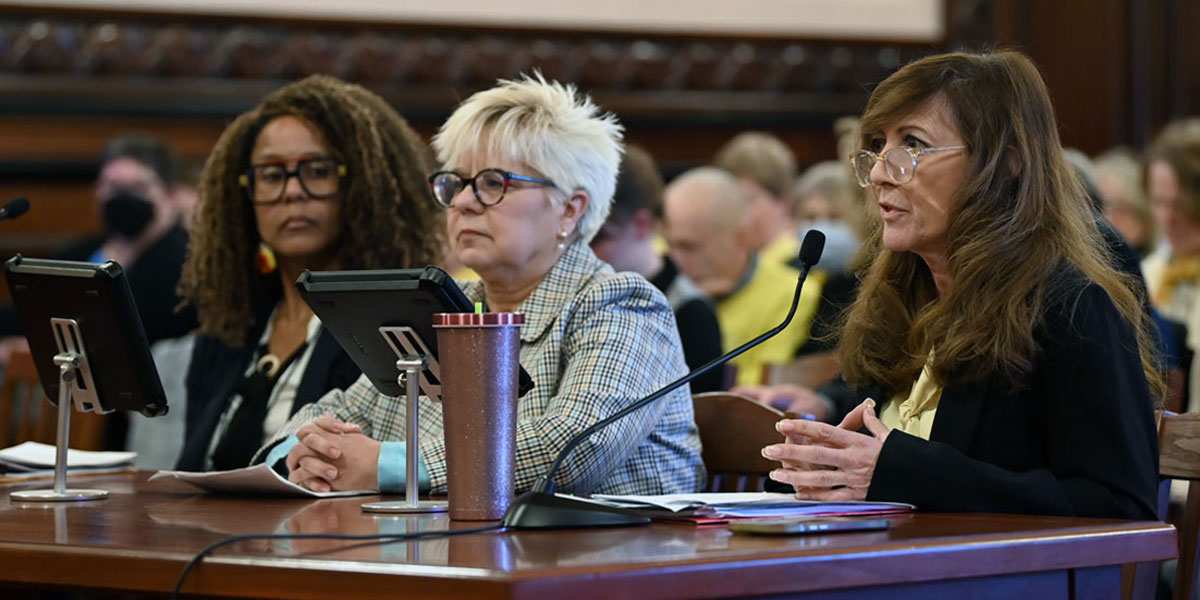


















 © 2026 Illinois Senate Democratic Caucus
© 2026 Illinois Senate Democratic Caucus